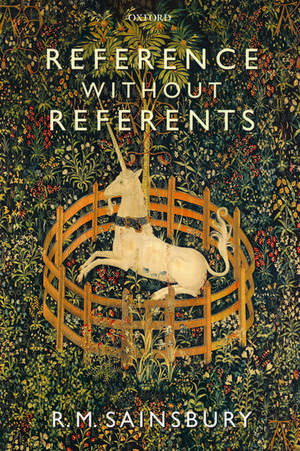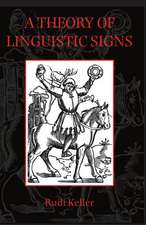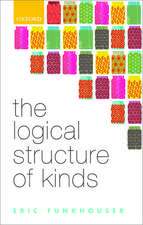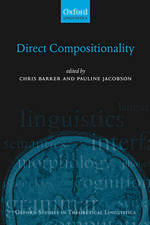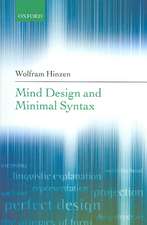Reference without Referents
Autor R. M. Sainsburyen Limba Engleză Paperback – 4 oct 2007
| Toate formatele și edițiile | Preț | Express |
|---|---|---|
| Paperback (1) | 333.52 lei 31-37 zile | |
| OUP OXFORD – 4 oct 2007 | 333.52 lei 31-37 zile | |
| Hardback (1) | 576.00 lei 31-37 zile | |
| OUP OXFORD – 5 mai 2005 | 576.00 lei 31-37 zile |
Preț: 333.52 lei
Preț vechi: 386.67 lei
-14% Nou
Puncte Express: 500
Preț estimativ în valută:
63.82€ • 66.63$ • 52.82£
63.82€ • 66.63$ • 52.82£
Carte tipărită la comandă
Livrare economică 25-31 martie
Preluare comenzi: 021 569.72.76
Specificații
ISBN-13: 9780199230402
ISBN-10: 0199230404
Pagini: 280
Dimensiuni: 155 x 234 x 16 mm
Greutate: 0.44 kg
Editura: OUP OXFORD
Colecția OUP Oxford
Locul publicării:Oxford, United Kingdom
ISBN-10: 0199230404
Pagini: 280
Dimensiuni: 155 x 234 x 16 mm
Greutate: 0.44 kg
Editura: OUP OXFORD
Colecția OUP Oxford
Locul publicării:Oxford, United Kingdom
Recenzii
Sainsbury offers a sophisticated, lucid, elegantly written defense of a theory of referring terms ... the book is a fascinating read
